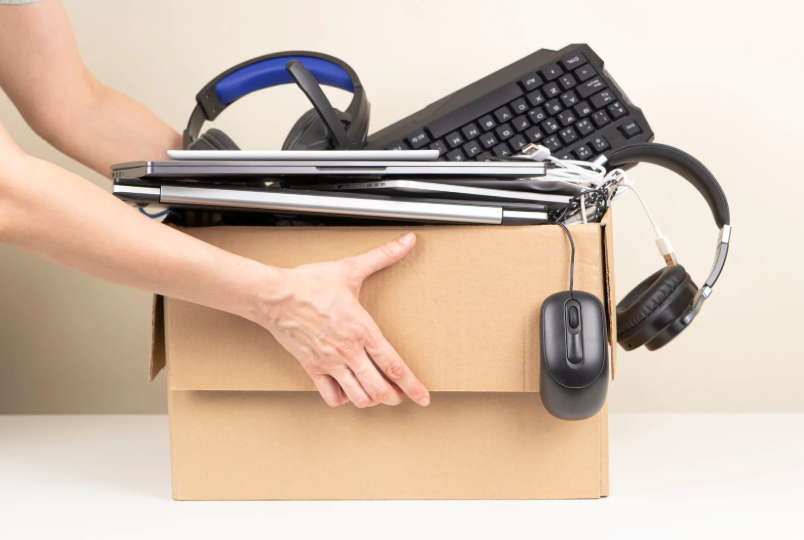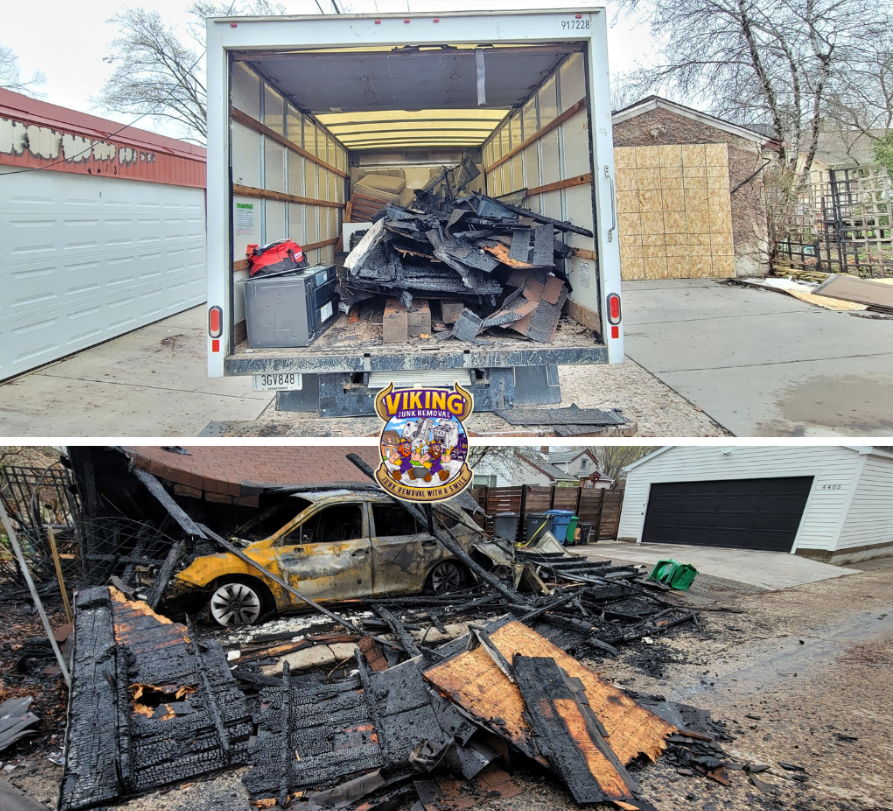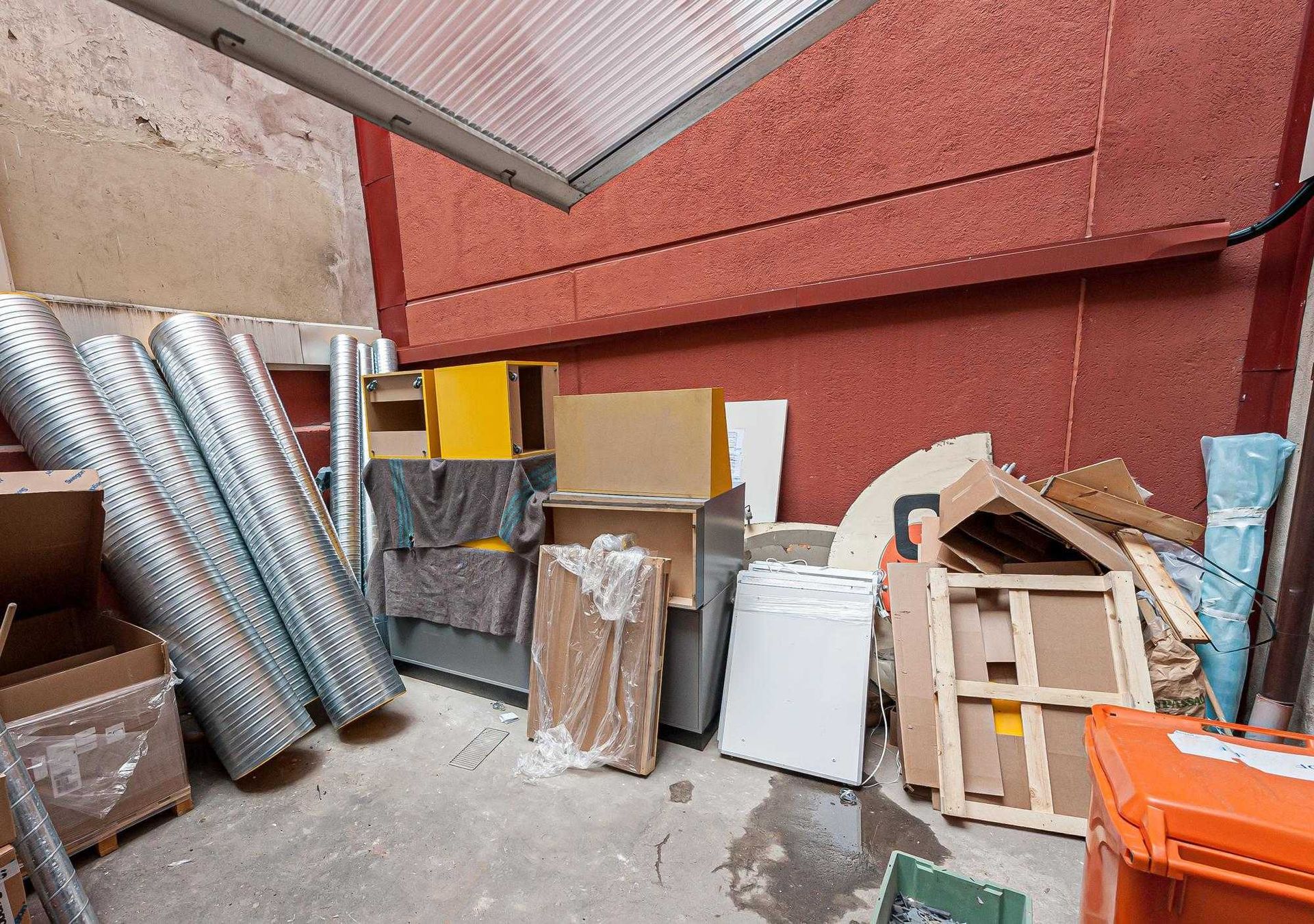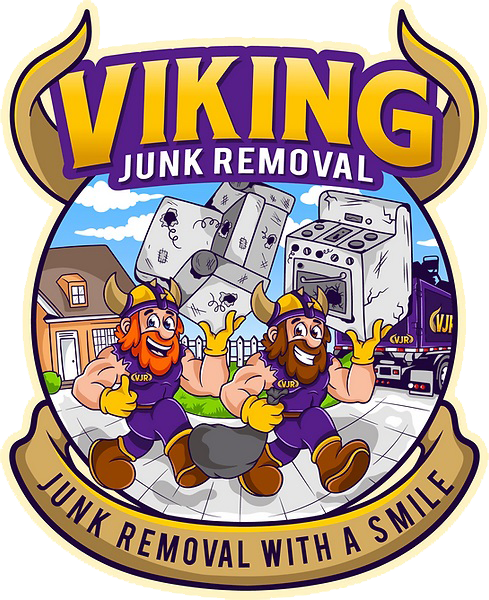How to Handle Electronics Disposal Responsibly
When electronics outlive their usefulness, it’s tempting to drop them in the trash and move on. But buried beneath their sleek exteriors lie materials that, when mishandled, can seep harm into soil and water systems. Imagine heavy metals like lead or mercury quietly leaking into our environment—this is not science fiction. This is reality every time we casually discard gadgets into landfills.
The larger narrative isn’t just environmental. It’s about social responsibility, accountability, and foresight. Many parts inside our electronics could be harvested, repurposed, or recycled to create less demand for mining new resources. That small action of diverting your old laptop from the dumpster is, in truth, a giant leap toward a healthier planet and a more thoughtful society.
Why Your Broken Devices Are Not Just Trash
The phone with a cracked screen, the broken printer, or the old laptop gathering dust in the corner—all of these may seem like mere junk. But what most people overlook is the immense value that still lies within these devices. Components like circuit boards, precious metals such as gold, copper, and silver, and rare earth elements have long-lasting worth, even after a device stops functioning.
This hidden value isn't just about salvaging parts; it's about reducing the need for mining and creating a more sustainable cycle of materials. When we treat old electronics as "junk," we are discarding valuable resources that could easily be repurposed for new technology. By changing our mindset on what constitutes waste, we can tap into a much more sustainable future.
Navigating Local Regulations Without Losing Your Mind
The rules governing electronic waste disposal are a maze of local, state, and federal regulations that can easily overwhelm anyone trying to do the right thing. Every municipality has its own guidelines, making it difficult to know which devices are accepted where or the best way to go about recycling them. This inconsistency can leave people feeling paralyzed, unsure of whether they’re complying with the law or just contributing to the problem.
But don’t despair—armed with a little knowledge, you can navigate this system effectively. Many local governments provide online resources to help residents understand the rules, including what types of electronics are accepted, where to drop them off, and even what quantity is allowed. A few minutes of research can save you time and stress, turning the task of recycling into something that’s not just achievable but also empowering.
How Improper Disposal Can Quietly Wreck Communities
Improper disposal of electronic devices often happens out of convenience or ignorance, but the damage it causes is profound and far-reaching. When devices like old phones, televisions, and computers are tossed into landfills or improperly dumped, the toxic substances they contain—such as lead, cadmium, and mercury—leach into the soil and water systems. Over time, these pollutants can make their way into local ecosystems, affecting both human health and wildlife.
The consequences may not be immediately obvious, but they are long-lasting and irreversible. Communities near illegal dumpsites or poorly managed recycling facilities often see a rise in health problems, particularly among children who are most vulnerable to environmental toxins. By improperly disposing of electronics, we not only jeopardize the health of our communities but also undermine efforts to protect the environment for future generations.

The Surprising Lifespan of the Materials Inside Your Gadgets
While a smartphone or tablet might be rendered obsolete after just a couple of years of use, the materials that make up these devices can last for centuries. Gold, copper, aluminum, and palladium are just a few of the valuable resources found in electronics, and they don’t lose their value or usability when a device breaks. Rather than decomposing or disappearing, these metals persist in landfills or junk drawers, waiting to either be reclaimed or to decay irreversibly.
The ability to recover these materials from old electronics and reintroduce them into manufacturing cycles is a significant opportunity to reduce the need for mining, which has its own environmental costs. The surprising part is that recovery is often as simple as recycling old gadgets properly. Instead of letting valuable materials sit idle or end up as waste, we can create a more sustainable flow of resources. This process ensures that valuable materials live on, contributing to new devices and reducing the overall demand for raw resources.
Decoding Where Your Old Electronics Really Go
When you drop off your old electronics at a local recycling facility, you might assume they’re being handled responsibly. However, the truth can be more complex. Some electronics are exported to developing countries where recycling practices are less regulated, and workers may dismantle these devices in unsafe conditions. In these regions, toxic chemicals are often released into the environment, and hazardous materials like lead and mercury can poison both workers and the surrounding community.
While these practices may offer a short-term solution to the growing problem of e-waste, they come at a serious environmental and ethical cost. That’s why it’s crucial to choose certified local recyclers who can guarantee that your electronics are disposed of in compliance with stringent environmental regulations. By choosing a reputable local recycler, you ensure that your e-waste stays within the proper disposal channels and doesn’t end up causing harm far from home.
What Certified E-Waste Recyclers Actually Do
When most people think of recycling, they imagine a simple process of crushing and melting down materials. But certified e-waste recyclers follow a much more complex and careful procedure to ensure that every part of your old electronics is treated properly. These recyclers carefully disassemble each device to recover valuable metals like gold, silver, and copper, which can then be reused in the production of new electronics.
Other components, such as plastics and glass, are sorted and either recycled or safely disposed of if they can’t be reused. The most important part of this process is the adherence to strict environmental regulations that govern the safe disposal of hazardous materials. Certified e-waste recyclers track every part of the process, from collection to final disposal, ensuring that the materials do not end up in landfills or harm local ecosystems.
Choosing Junk Removal Services for Convenience and Compliance
The process of properly disposing of electronics can often feel like a hassle—driving to multiple locations, dealing with complicated rules, and finding time to sort through what can be a pile of outdated tech. But junk removal services provide an easy and efficient solution to this problem. These professionals take care of the heavy lifting, literally and figuratively. They know the ins and outs of local regulations, including where to drop off different types of electronics and how to ensure everything is properly sorted.
With junk removal services, you don’t have to worry about hauling old computers, printers, or phones yourself. Instead, you can schedule a pickup, and the team will handle everything from sorting to transport, making the process seamless. By outsourcing this task to professionals, you get the peace of mind that your electronics are being disposed of safely and responsibly, and you free up valuable time to focus on other priorities.
The Hidden Financial Cost of Throwing Electronics Away
At first glance, tossing an old microwave or phone into the trash might seem like a convenient solution. After all, it’s just one small item, and you’re not bothering anyone. However, this seemingly harmless decision can have far-reaching financial consequences. Electronics are not like regular household waste—they contain toxic materials that, when improperly disposed of, can contaminate soil and groundwater. In many cases, municipalities must spend significant resources cleaning up these toxic substances from landfills, a cost ultimately passed onto taxpayers.
By recycling electronics, we save local governments money, reduce the burden on public infrastructure, and promote a more sustainable economy. Recycling doesn’t just help the environment—it also supports the local economy by reducing the need for new materials and lowering the costs of raw material extraction. Proper disposal is not just an environmentally responsible choice; it’s also a financially sound decision that benefits everyone in the long run.
Small Steps That Build a Culture of Responsibility
Shifting toward more responsible electronic waste disposal doesn’t require major societal changes or massive campaigns. It can start with simple, everyday decisions that set an example for others. Whether it’s recycling an old tablet, donating an unused computer, or properly disposing of a broken television, every small action contributes to a larger cultural shift. These decisions, while small in isolation, create a ripple effect that encourages others to follow suit. Children and young people, in particular, are highly impressionable when it comes to environmental responsibility.
By modeling responsible e-waste disposal, we teach future generations the importance of stewardship. It’s about creating habits that prioritize sustainability over convenience, and teaching the value of reusing, recycling, and reducing waste. With enough of us making mindful decisions, we can foster a culture where throwing things away without a second thought becomes the exception, not the norm. It’s not about perfection—it’s about building a collective mindset that values responsibility and care for the planet.
Conclusion
Navigating the modern landscape of electronics disposal goes beyond simply clearing up space in your home—it’s a crucial part of preserving our environment and supporting a circular economy. By choosing eco-friendly disposal methods, you’re not just reducing waste; you’re ensuring that hazardous materials like lead and mercury are properly handled, preventing them from polluting our waterways and soil.
For Minneapolis residents, Viking Junk Removal offers an efficient, responsible solution to get rid of old electronics in a way that aligns with sustainability goals. Their knowledgeable team ensures your outdated devices are disposed of safely, following local regulations, and finding new life when possible through recycling or donation. With Viking Junk Removal, you can declutter with peace of mind, knowing you’re making a positive impact on both your community and the planet. Reach out today at 612-448-9506 or via email at sales@vikingjunkremovalmn.com.






